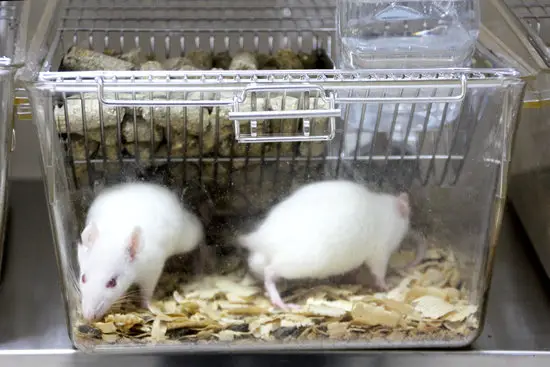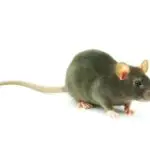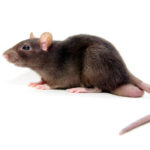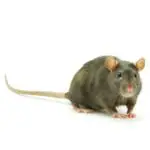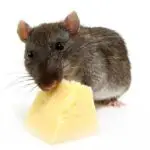Should I Block a Rat Hole?
A rat hole is a common problem for many households. The first step to preventing a future infestation is to identify the hole’s source. Rats can squeeze through a hole as small as 10mm, so it’s imperative to fill the space with something that won’t be chewed up. One way to do this is to cover the hole with scrunched-up wire wool. Be sure to pack the wire wool tightly to prevent it from rat chewing through it. In some cases, you may need to use water-resistant caulk. If you’re concerned about safety, you may also want to wear goggles and gloves while you do this job.
Another method for blocking rat burrows is to fill them with soil or sand. If you don’t have a ready supply of these, you can also mix soil with small stones and ram them into the burrow with a shovel. Once the soil has dried, use a strong disinfectant to get rid of the smell. You may also use netting to cover the burrow area. However, be aware that netting is not an effective option, since persistent rodents may chew through it.
Rats are a problem in homes and businesses, and they can also be found in gardens. These areas provide shelter, food, and moisture for these pests. While blocking rat holes is a viable solution for the problem, it’s not always a good idea for gardens. If you’re not sure whether or not you should block a rat hole, speak with a pest control technician who will design a plan for elimination. You can also consider using baits and traps.
